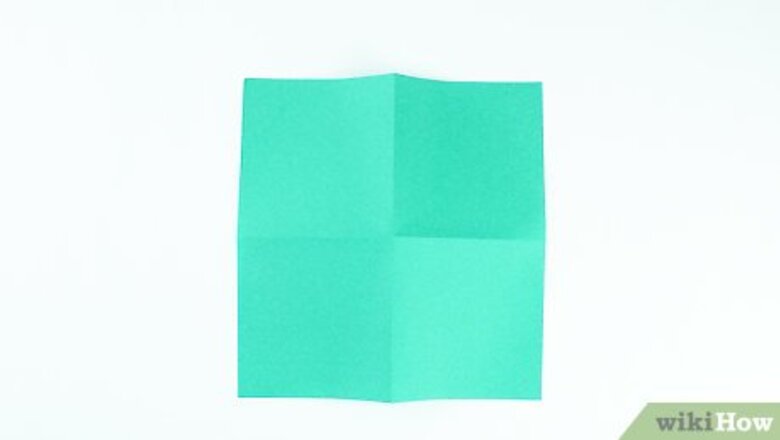
views
Making the Base
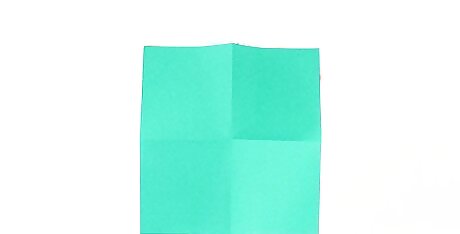
Fold a square piece of paper in half both ways, unfolding it after each fold. First, fold the paper in half one way and unfold it. Then, fold it in half the other way and unfold it again. Make both of these folds mountain folds. A mountain fold is where the crease makes a peak on the top side of the paper. When you’re finished, there should be 2 creases that intersect in the center of the paper. Origami paper will work the best for this, but you can use printer paper or any other kind of paper you have lying around too. Origami squares are usually 6 by 6 inches (15 cm × 15 cm). You can experiment with using bigger or larger squares, but they might be more difficult to fold.
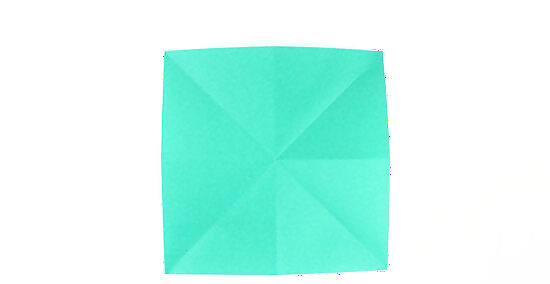
Crease the paper in half diagonally both ways, unfolding it after each fold. Start by folding the paper in half diagonally one way. Then, unfold it, and fold it in half diagonally the other way. Unfold the paper again. Make both of these folds valley folds. A valley fold is the opposite of a mountain fold. The crease of a valley fold should look like a valley instead of a peak. At this point, there should be 4 creases that intersect at the center of the paper.
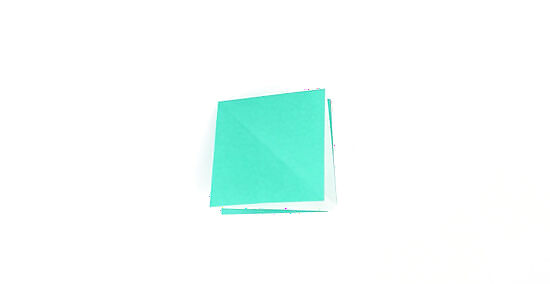
Bring the 4 corners of the paper together, then flatten the model. Press the 4 corners toward one another to start collapsing the model. Once they're touching, flatten the model so you're left with a small square. The square you're left with will be smaller than the square you started with.
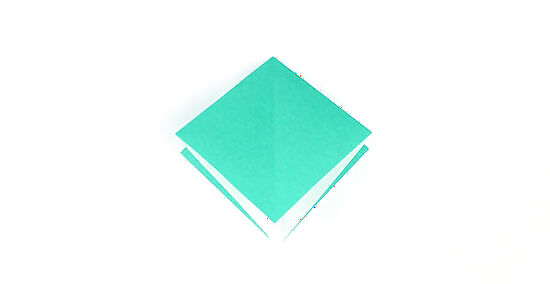
Rotate the model so it looks like a diamond. The open corner of the model should be pointing toward you. The opposite corner, which is closed, should be pointing away from you.
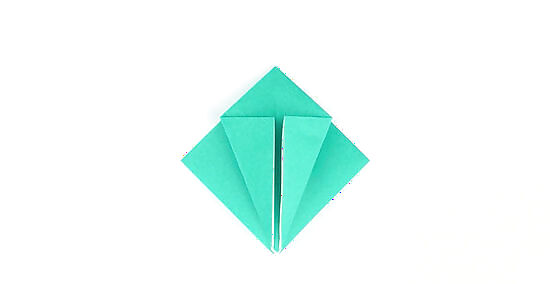
Crease the left and right corners of the top flap in toward the center. First, take the left corner of the top flap and fold it in toward the center line. Crease the fold. Then, do the same thing with the right corner of the top flap. Go over the creases a few times with your finger since the rest of the process will be easier if they're crisp.
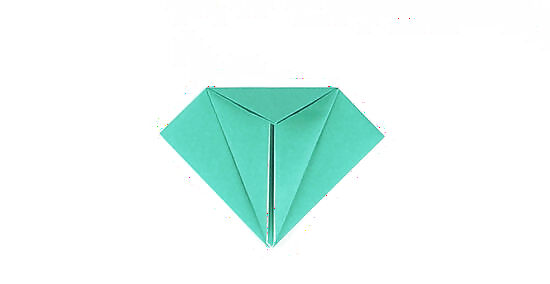
Fold down the top corner. The fold should line up with the top edges of the previous fold. After you fold down the top corner, crease the fold.
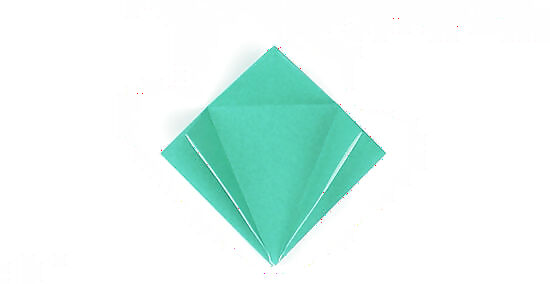
Unfold all 3 corners that you just folded. First, unfold the top corner. Then, unfold the left and right corners. When you’re finished, there should be a triangle-shaped crease on the top of the model.
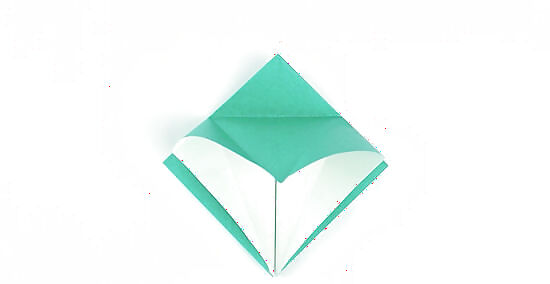
Lift up the bottom corner of the top flap. Grab the corner in between your fingers, and lift it up toward the top corner of the model to lift up the top flap. Hold the bottom corner of the bottom flap down on the table with one of your fingers so it doesn’t move.
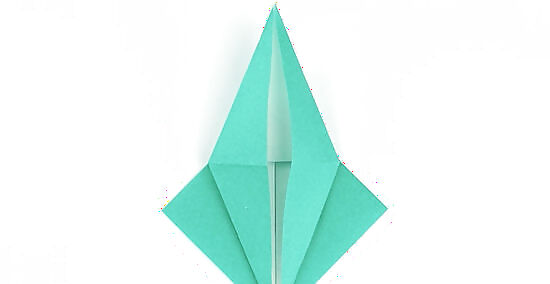
Fold along the creases to flatten the model. First, fold the 2 edges at the bottom of the model down toward the center along the creases. Then, do the same thing with the 2 edges at the top of the model (these are the edges on the flap you're holding up with your fingers). When you’re finished, the model should be completely flat.
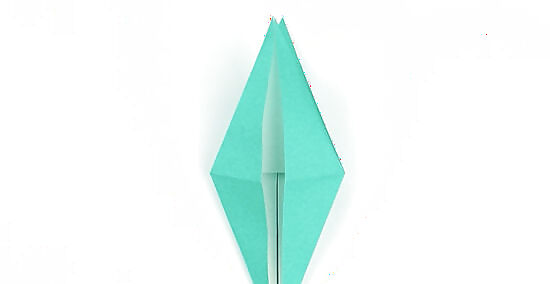
Turn the model over and repeat on the other side. First, fold the left and right corners in toward the center, followed by the top corner. Then, unfold all 3 corners. Lift the bottom corner up toward the top like you did with the bottom corner on the other side of the model. Finish by folding all of the edges along the creases to flatten the model. At this stage, the model should be diamond-shaped and completely flat.
Folding the Tail
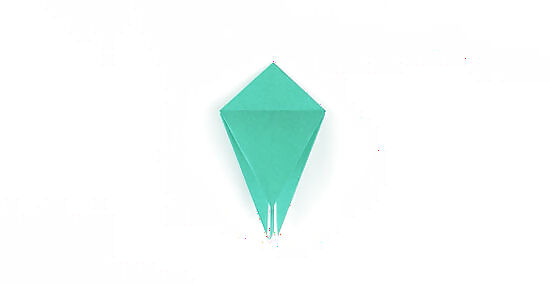
Fold the top point on each side down along the crease. First, fold the top point on the side you’re working on down along the crease. Then, turn the model over and do the same thing with the top point on the other side. When you’re finished, the model should resemble a kite.

Crease one of the lower points up to the top point. The lower point is the point that you folded down in the previous step. The top point is the point that’s now at the top of the model. Fold the lower point up to the top point so both points meet, then crease along the fold. Don't unfold after you make the crease.
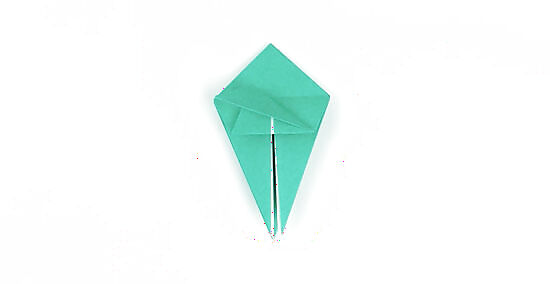
Fold the same point down and over to the left corner. The point and left corner should meet. Crease along the fold. Run your finger over the crease a few times since the next step will be easier if the crease is crisp.
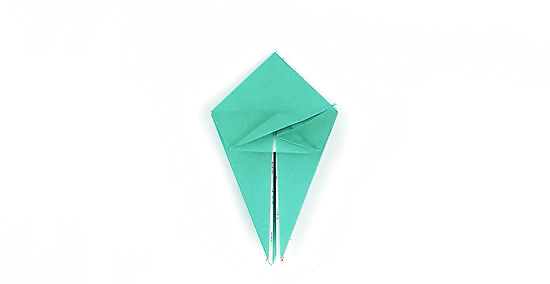
Crease the same point over to the right corner, then fold the flap down. When the point meets the right corner, crease along the fold. Then, fold the flap you've been working on down along the crease. The flap should easily fold down along an existing crease. Don't make a new crease to fold it down.
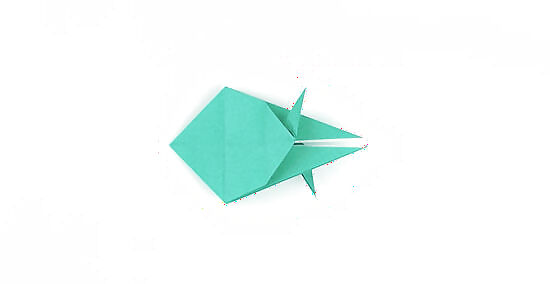
Turn the model over and repeat the process on the other side. First, fold the bottom point up to the top point and crease. Then, fold the same point over to the left corner before folding it over to the right corner. Finally, fold the flap down along the crease. At this point, you’re done folding the tail!
Creating the Fins
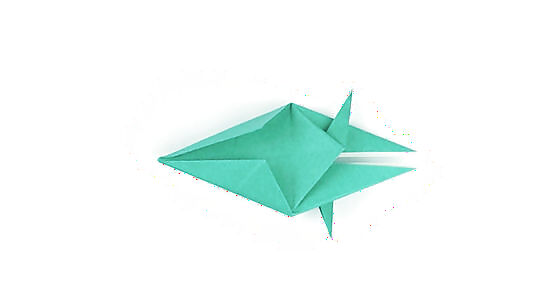
Fold the left and right corners in toward the center line on each side of the model. First, fold the left and right corners on the top side of the model in toward the center line. Then, turn the model over and repeat with the corners on that side. When you're finished, the model should look like a diamond, with the 2 tail pieces sticking out the sides.
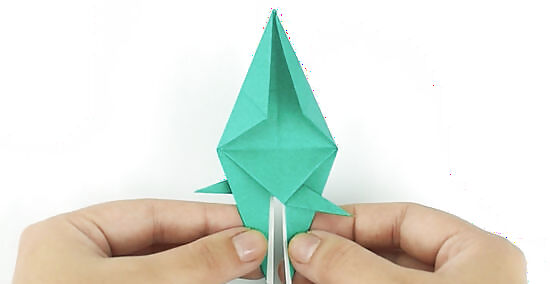
Grab the bottom points with your fingers. There should be 2 points at the bottom of the model. Grab one point with each hand.
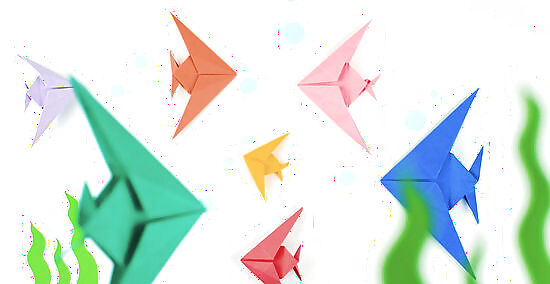
Pull the points away from each other to create the fins. As you pull on the points, the model will unfold slightly and become 3 dimensional. Stop pulling when the fins make a 45-degree angle with the center line of the model. Once you've made the fins, you're all finished!




















Comments
0 comment